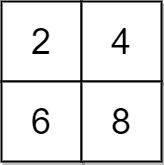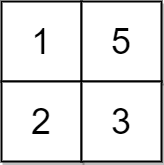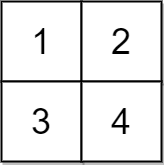Given a string word, return the sum of the number of vowels ('a', 'e', 'i', 'o', and 'u') in every substring of word.
A substring is a contiguous (non-empty) sequence of characters within a string.
Note: Due to the large constraints, the answer may not fit in a signed 32-bit integer. Please be careful during the calculations.
Example 1:
Input: word = "aba"
Output: 6
Explanation:
All possible substrings are: "a", "ab", "aba", "b", "ba", and "a".
- "b" has 0 vowels in it
- "a", "ab", "ba", and "a" have 1 vowel each
- "aba" has 2 vowels in it
Hence, the total sum of vowels = 0 + 1 + 1 + 1 + 1 + 2 = 6.
Example 2:
Input: word = "abc"
Output: 3
Explanation:
All possible substrings are: "a", "ab", "abc", "b", "bc", and "c".
- "a", "ab", and "abc" have 1 vowel each
- "b", "bc", and "c" have 0 vowels each
Hence, the total sum of vowels = 1 + 1 + 1 + 0 + 0 + 0 = 3.
Example 3:
Input: word = "ltcd"
Output: 0
Explanation: There are no vowels in any substring of "ltcd".
Example 4:
Input: word = "noosabasboosa"
Output: 237
Explanation: There are a total of 237 vowels in all the substrings.
Constraints:
1 <= word.length <= 105word consists of lowercase English letters.
Solution: Math
For a vowel at index i,
we can choose 0, 1, … i as starting point
choose i, i+1, …, n -1 as end point.
There will be (i – 0 + 1) * (n – 1 – i + 1) possible substrings that contains word[i].
Time complexity: O(n)
Space complexity: O(1)
C++
1 2 3 4 5 6 7 8 9 10 11 12 13 14 15 16 17 18 19 |
class Solution { public: long long countVowels(string word) { const long long n = word.size(); long long ans = 0; for (long long i = 0; i < n; ++i) { switch (word[i]) { case 'a': case 'e': case 'i': case 'o': case 'u': ans += (i + 1) * (n - 1 - i + 1); break; } } return ans; } }; |


